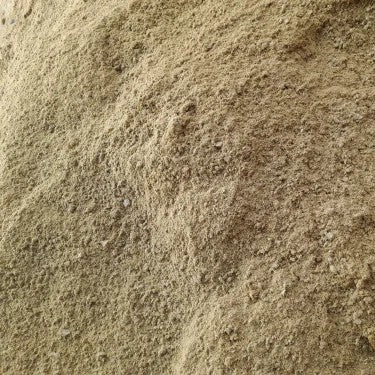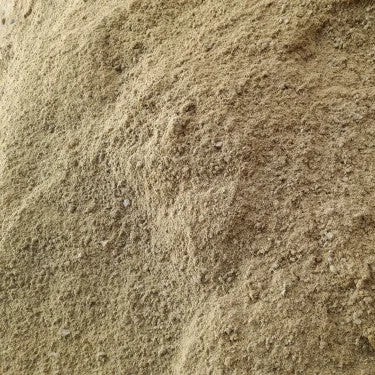Your journey begins at ₹299 — place a minimum order of ₹299 to proceed.
1
/
of
1
Eazy Garden
Gypsum Plant Booster - Natural Soil Conditioner 1 KG
Gypsum Plant Booster - Natural Soil Conditioner 1 KG
Regular price
Rs. 49.00
Regular price
Rs. 149.00
Sale price
Rs. 49.00
Unit price
/
per
Shipping calculated at checkout.
Couldn't load pickup availability
Gypsum is a soil amendment that improves soil structure and adds essential nutrients like calcium and sulfur. It is particularly useful for breaking up heavy, compacted clay soils and treating salt damage.
How gypsum helps plants
- Improves soil structure: For heavy, compacted clay soils, gypsum helps clay particles clump together. This process, called flocculation, makes the soil more porous, allowing better water and air circulation for healthier root development.
- Adds essential nutrients: Gypsum provides plants with calcium and sulfur. Calcium strengthens cell walls and promotes strong root and shoot growth. Sulfur is vital for protein synthesis and chlorophyll production.
- Treats sodium-rich soil: Gypsum can reverse the damage caused by high salt levels, such as from de-icing salt runoff or coastal environments. The calcium in gypsum displaces excess sodium, which is then leached away by irrigation or rainfall.
- Neutralizes aluminum toxicity: In highly acidic soils (especially with a pH below 5.0), gypsum can help treat aluminum toxicity, which can inhibit root growth.
- Does not change pH: Unlike lime, which also adds calcium but increases soil pH, gypsum is pH-neutral. This makes it a suitable calcium source for acid-loving plants like rhododendrons, azaleas, and blueberries.
When to use gypsum
Gypsum is not a universal solution and should be used based on specific soil problems. Consider using gypsum if your soil test results or observations reveal the following:
- You have heavy, compacted clay soil that drains poorly and is hard to work with.
- You need to lower high sodium levels caused by coastal conditions, saltwater intrusion, or excessive use of de-icing salts.
- You need to provide your plants with calcium but want to avoid changing the soil's pH.
- You need to address a sulfur deficiency, especially if you have acidic soil.
Share
No reviews


